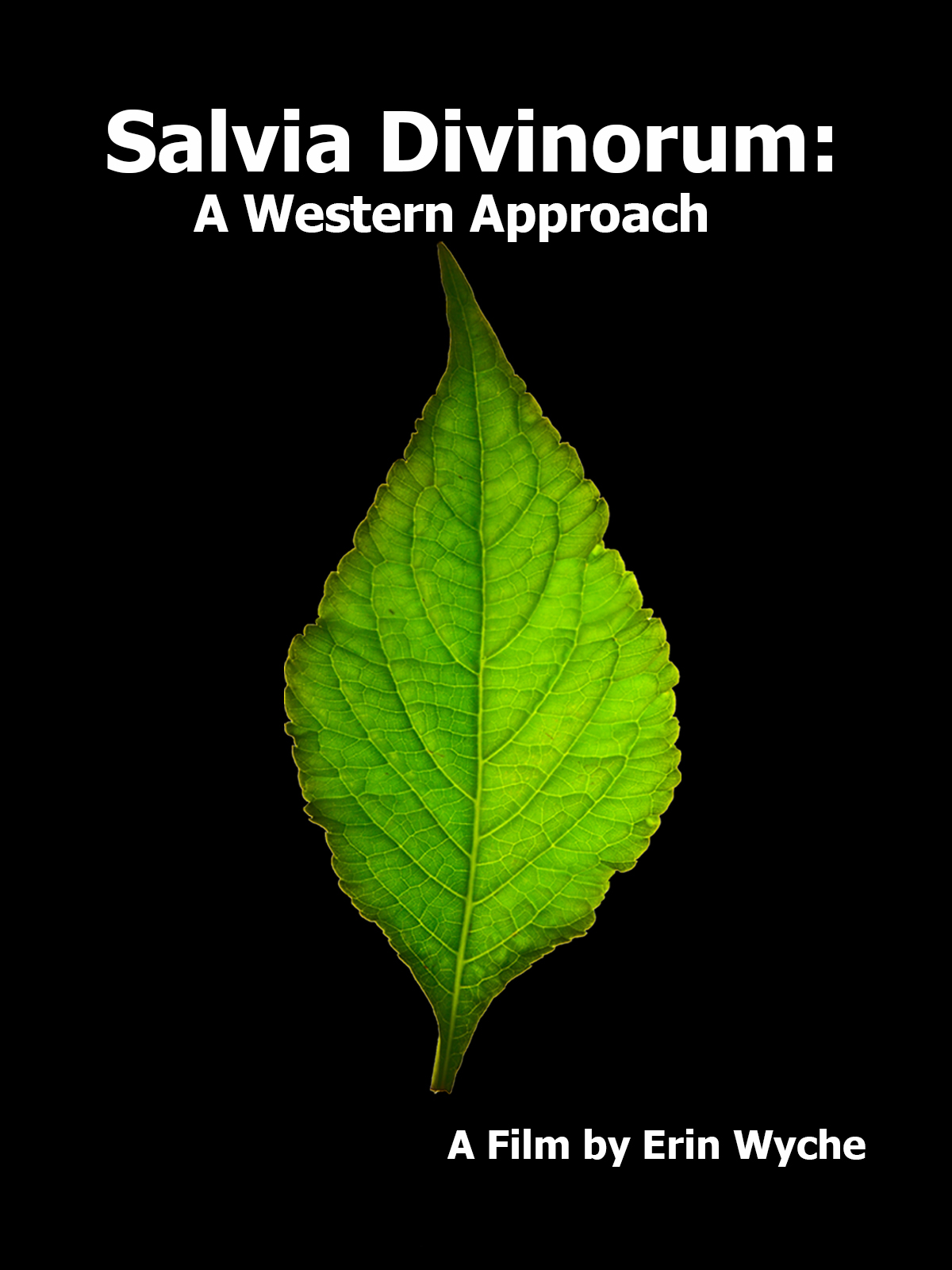When you don’t have money and you don’t have time
- Development
Rick Caplan | March 11, 2024
Tomorrow is guaranteed to no one. Neither is today. Not guaranteed, but largely spoken for. That’s how things shake out when you have a day job that somehow turned into a fairly advanced parallel career and responsibilities to your home and those with whom you share it. Deduct time to maintain some basic level of physical fitness, and what’s left? It doesn’t matter, and here’s why…
Much of writing and filmmaking (at least development and preproduction) consists of sessions composed of thinking, recording said thoughts, and reorganizing them. The good news is you can think while doing other things, especially if you consciously seed what you need to sort out. Full concentration on any other task lets your subconscious tackle the problem, and when inspiration strikes, you can begin your next session knowing where to begin. I also find it helpful to allocate time at the end of every session to identify what you need to figure out before the next or where you need to pick up from.
It sure is, but unless you have a massive audience clamoring for your next release, that shouldn’t matter to you. In many ways, it’s an advantage. There’s no pressure to maintain momentum. No one cares what you do or don’t do. Huzzah!
With the pressure drastically reduced, you can focus on enjoying the process. The fun, low stakes creative problem solving that takes place before you assemble a cast and crew. Desperation surrounding the making of a project tends to permeate the final result, and it’s a major turnoff to an audience. Noticeable production quality shortcuts, filler content to pad runtime, half-baked scripts that rely too much on one or more performances to make sense — avoid this shit like the plague. Don’t waste time deluding yourself. Save it to sell the ideas you took the time to improve — to make as bulletproof as possible. Does it take longer? Yes, but if you can sincerely and enthusiastically advocate for your vision, you’ll have a shot at attracting a better grade of collaborators that require less hand-holding to get a project into shape.
No amount of framing or sandbagging will convince an audience that something bad is good. Of course reactions to film or any creative output are subjective, but there are aesthetic and technical tells that reek of amateurism. If you’re feeling pressure to enter production prematurely — maybe the actor you want to work with has limited availability, or the cinematographer is moving to another state — you’re going to feel like you need to expedite development to get on set. If that’s the case, you really need to consider what compromises on quality you’re making to get the project in the can. Does the second act drag? Is the ending less than satisfying? Is half the dialogue exposition and technical jargon that doesn’t enhance character or propel story?
When you’ve addressed feedback, when you’ve played the movie in your head a dozen times, when you’ve had a table read or at least read the script aloud yourself and know the clunky bits have been improved or removed. When you’ve tackled the hard problems to the best of your ability, then it’s time to bring in the collaborators. Engage them when you have a sense of when, where, and how, and be prepared to change much of it in service of making the best possible movie that you can actually shoot with the resources available to you. When your script is worth fighting for, when you nailed the tone, when you went out and shot test footage, when you documented your digital workflow to ensure redundancy and maximum time behind the camera. When you’ve held auditions, reviewed every single self tape submission, walked the locations yourself and adjusted the script to conform to the physical layout. When you draw your storyboards, when you make your shot list, when you break the script down and generate the budget. When you put thought into costumes, hair, makeup, props. When you consider lenses, lighting packages, sound concerns. When you’ve done all that, go make your movie.
This is one of the lessons I wish I took to heart when making some of my early films. No one knows when it’s done except for you. If you shot something wrong, if an actor didn’t work out, if you got kicked out of a location because your “permit” wasn’t honored. Regroup, save up, plan, and reshoot. It doesn’t matter how all the components make it into the final cut. It only matters that you captured them and assembled them in the way that best serves the film.

Watch On Amazon Prime
Salvia Divinorum is an often misunderstood and powerful psychedelic plant used by the Mazatec shama...